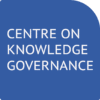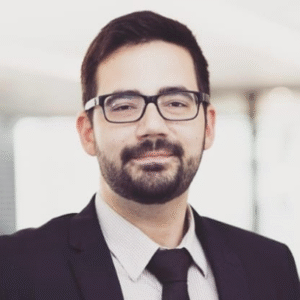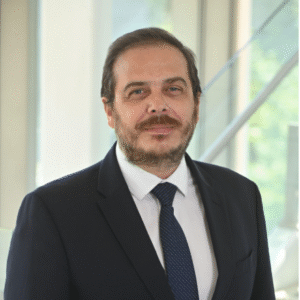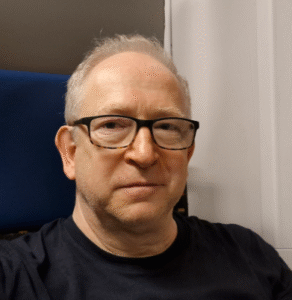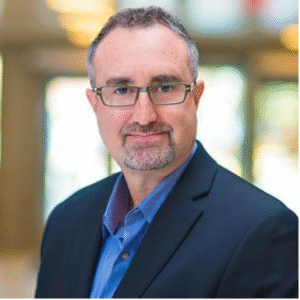Open Course: Copyright and the Right to Research in International Law
Course Director: Professor Sean Flynn, Director, American University Washington College of Law, Program on Information Justice and Intellectual Property
Open Course: Copyright and the Right to Research in International Law
Course Director: Professor Sean Flynn, Director, American University Washington College of Law, Program on Information Justice and Intellectual Property
This course provides free and open materials for self study or inclusion in other course materials on the intersection of intellectual property, human rights, and computational research methods, including those used to train artificial intelligence systems. It is intended for advanced law students and policy makers. It is taught at the equivalent of the masters or doctoral level and assumes prior coursework or knowledge of basic concepts in copyright law.
Open Course: Copyright and the Right to Research © 2024 by Sean Flynn is licensed under Creative Commons Attribution 4.0 International. To view a copy of this license, visit https://creativecommons.org/licenses/by/4.0/
Class 1. Research Exceptions in Comparative Copyright
Discussion Questions
What is the ideal form of a research exception in copyright law? What international legal principles could help promote better copyright exceptions for research uses?
Lectures
Seminar 01 – Overview – Sean Flynn (American University Washington College of Law)
Reading
Research Exceptions in Comparative Law, “Research Exceptions in Comparative Copyright” by Sean Flynn, Luca Schirru et al. (american.edu)
User Rights Database, The User Rights Database: Measuring the Impact of Copyright Balance (american.edu)
Class 2. Copyright and the Right to Research
Discussion Questions
What are the human rights duties of states with relation to copyright and the right to research? What is the utility, or danger, of framing research interests as “rights”?
Lectures
Seminar 02 – Research as Human Right – 2.5 Sara Bannerman (McMaster University)
Reading
Klaus D. Beiter, Reforming Copyright or Toward Another Science? – A More Human Rights-Oriented Approach under the REBSPA in Constructing a “Right to Research” for Scholarly Publishing, Forthcoming in Brooklyn Journal of International Law, Vol. 48, No. 1 (2023), https://papers.ssrn.com/sol3/papers.cfm?abstract_id=4196341
Sara Bannerman. (2016). Access to scientific knowledge, In International Copyright and Access to Knowledge (Cambridge Intellectual Property and Information Law, pp. 32-52). Cambridge: Cambridge University Press. doi:10.1017/CBO9781139149686.005, Access to scientific knowledge (Chapter 3) – International Copyright and Access to Knowledge (cambridge.org) .
Oriakhogba, Desmond O. Oriakhogba. “The Right to Research in Africa: Making African Copyright Whole.” (2022) PIJIP/TLS Research Paper Series no. 78. https://digitalcommons.wcl.american.edu/research/78.
Sanya Samtani, “Developing a Right to Research in International Human Rights Law” https://digitalcommons.wcl.american.edu/research/107
Class 3. Text and Data Mining, Machine Learning and Artificial Intelligence
Discussion Questions
What do TDM researchers need to do to perform their research? How do any of these steps implicate copyright or other exclusive rights? How does lack of copyright permission distort research outcomes?
Lecture
Reading
Amanda Levendowski, How Copyright Law Can Fix Artificial Intelligence’s Implicit Bias Problem, 93 Wash L. Rev. 579 (2018). https://papers.ssrn.com/sol3/papers.cfm?abstract_id=3024938
Class 4. Fair Use for Research
Discussion Questions
How does US law approach the issue of exceptions for research uses?
Lecture
Reading
Peter Jaszi, Copyright, Fair Use and Motion Pictures, 2007 UTAH L. REV. 715 (2007), available here https://drive.google.com/file/d/1gtEYBNEdSKYXVtTqHe-53A0md30zw2Ab/view?usp=sharing
Google v. Oracle (majority opinion only), https://www.supremecourt.gov/opinions/20pdf/18-956_d18f.pdf
Peter Jaszi, Quoting Copyrighted Sports Content Under Fair Use After Google v. Oracle in Intellectual Property and Sports: Essays in Honour of P. Bernt Hugenholtz (Martin Senftleben, Joost Poort, Mireille van Eechoud, Stef van Gompel, Natalie Helberger, Eds., Wolters Kluwer, 2021), available here
Class 5. Exceptions for TDM in US and EU
Discussion Questions
How has the openness of fair use and fair dealing standards been by courts to permit TDM and other research uses? Is the openness unique to common law countries?
Lectures
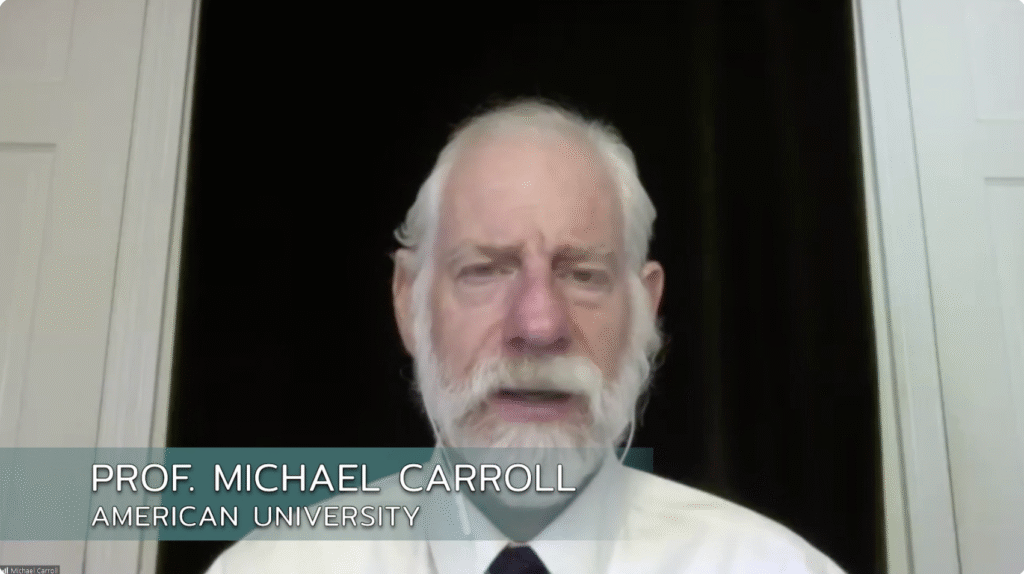
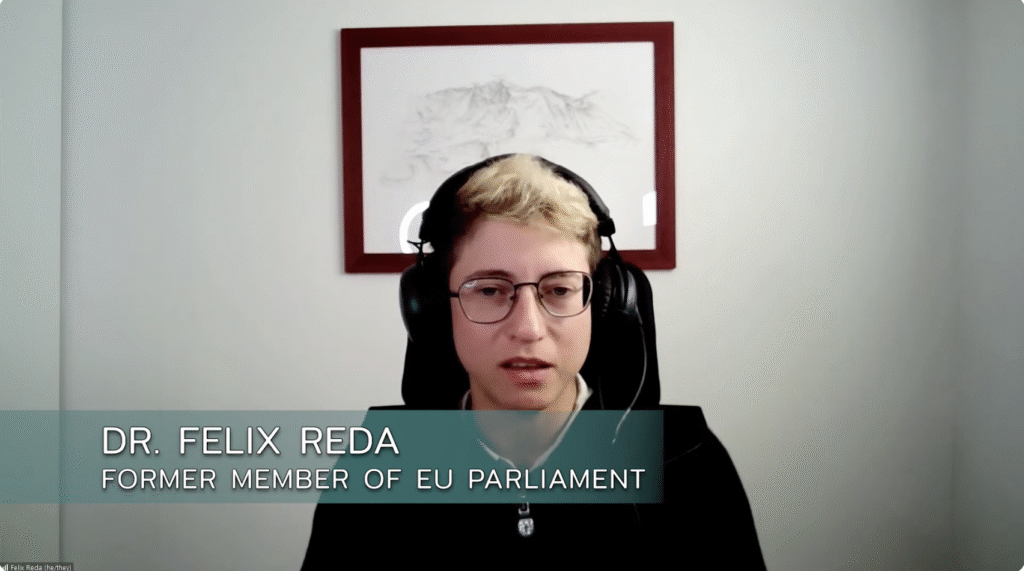
Seminar 05 – TDM Exceptions in the US/EU – 5.2 EU – Felix Reda (Former Member of EU Parliament)
Reading
Michael W. Carroll, Copyright and the Progress of Science: Why Text and Data Mining is Lawful, 53 U.C. Davis L. Rev. 893 (2019) https://lawreview.law.ucdavis.edu/issues/53/2/articles/53-2_carroll.html
Felix Reda, Creative Commons’ statement on CC licenses and the text and data mining exception under Article 4 EU CDSM Directive, Creative Commons (2021) https://creativecommons.org/2021/12/17/creative-commons-statement-on-cc-licenses-and-the-ext-and-data-mining-exception-under-article-4-eu-cdsm-directive/
Class 5.1. Non expressive Use
Lectures
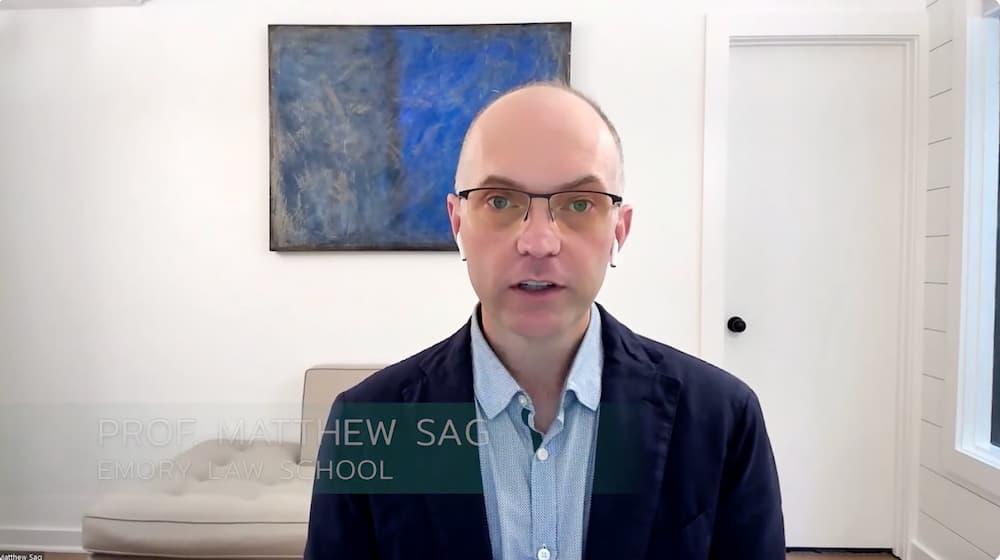
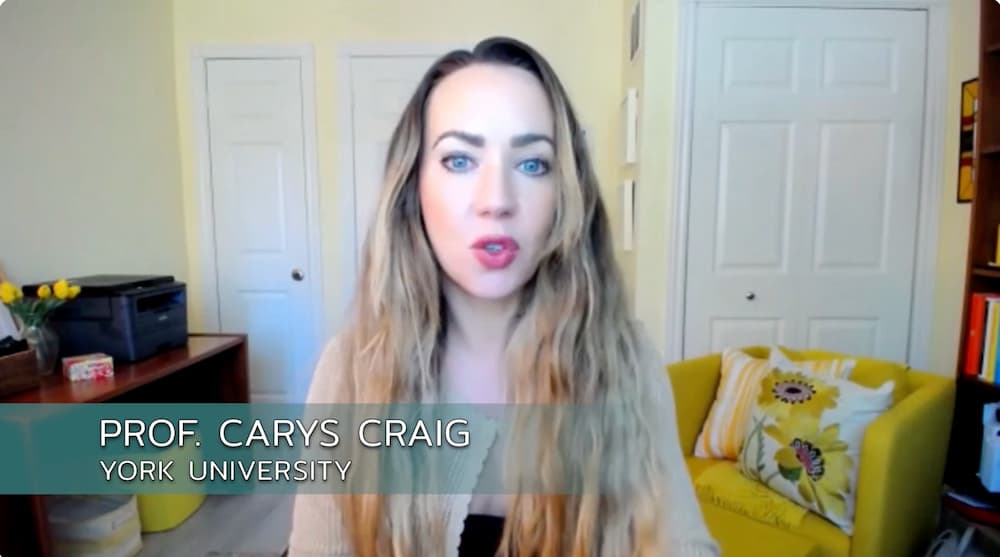
Seminar 06 – Non Expressive Use – 6.2 Carys Craig (Osgoode Hall Law School, York University, Canada)
Reading
Matthew Sag, The New Legal Landscape for Text Mining and Machine Learning, 66 J. Copyright Soc’y USA 1 (2019), https://papers.ssrn.com/sol3/papers.cfm?abstract_id=3331606
Carys Craig, AI and Copyright, in Florian Martin-Bariteau & Teresa Scassa, eds., Artificial Intelligence and the Law in Canada (Toronto: LexisNexis Canada, 2021), https://ssrn.com/abstract=3733958
Class 6. Civil Law Exceptions for TDM
Discussion Questions
Are civil law and common law copyright statutes different? How? Why? To what effect? How do they impact technological development and user rights? How do civil law courts open exceptions through interpretation?
Lectures
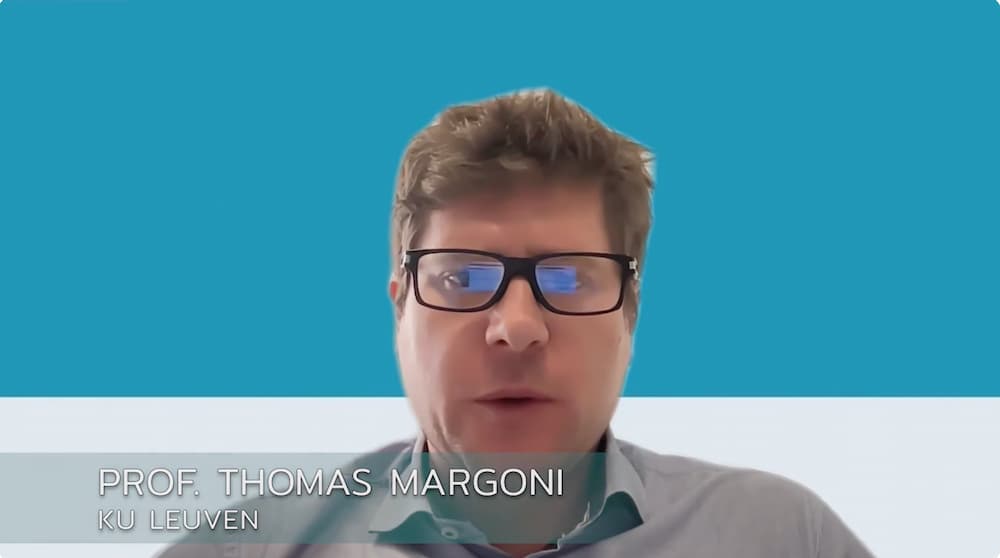
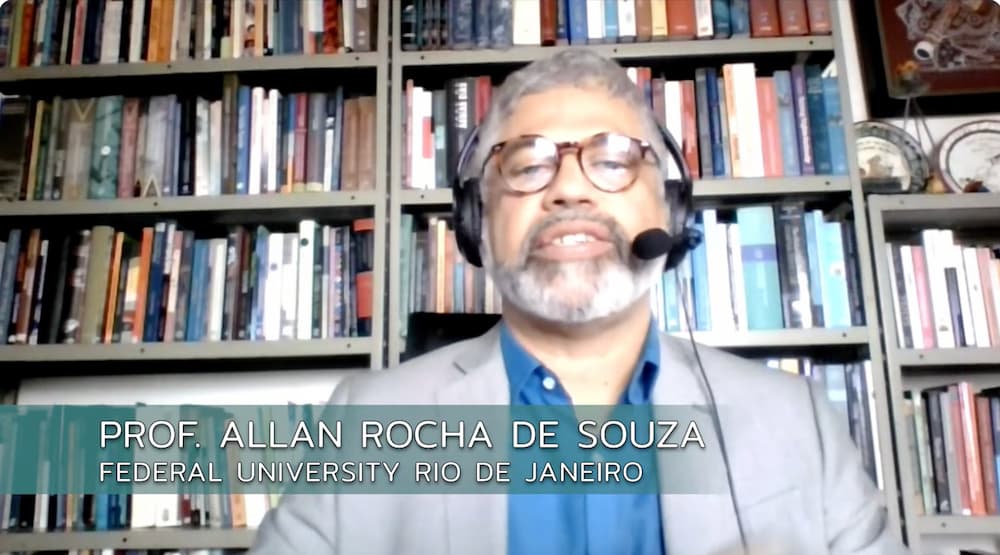
Reading
Thomas Margoni, Martin Kretschmer, A Deeper Look into the EU Text and Data Mining Exceptions: Harmonisation, Data Ownership, and the Future of Technology, GRUR International, Volume 71, Issue 8, August 2022, Pages 685–701, https://doi.org/10.1093/grurint/ikac054
Allan Rocha de Souza,’Copyright, Human Rights, and the Social Function of Property in Brazil’, in Jonathan Griffiths, and Tuomas Mylly (eds), Global Intellectual Property Protection and New Constitutionalism: Hedging Exclusive Rights (Oxford, 2021; online edn, Oxford Academic, 23 Dec. 2021), https://doi.org/10.1093/oso/9780198863168.003.0013
Allan Rocha de Souza, ‘Fundamental Rights, Development and Cultural Inclusion: The Marrakesh Treaty in Brazil’. The WIPO Journal, v. 8, p. 75-86, 2016. Available at https://tind.wipo.int/record/28970
Class 7. TDM and Licensing
Discussion Questions
In what ways do licensing practices enable or form barriers to TDM research in practice? Could extended collective licensing be a useful tool to increase access to works for TDM research?
Lectures
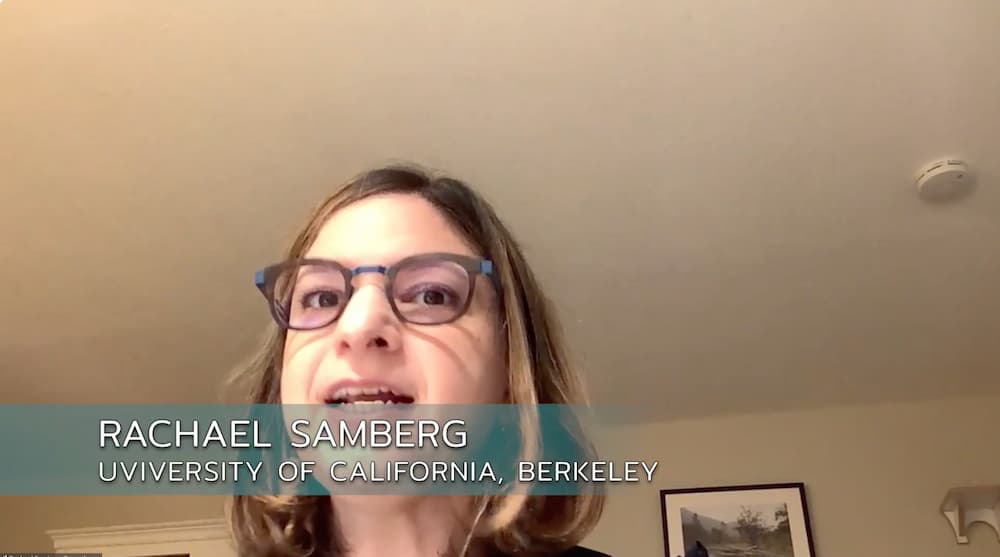
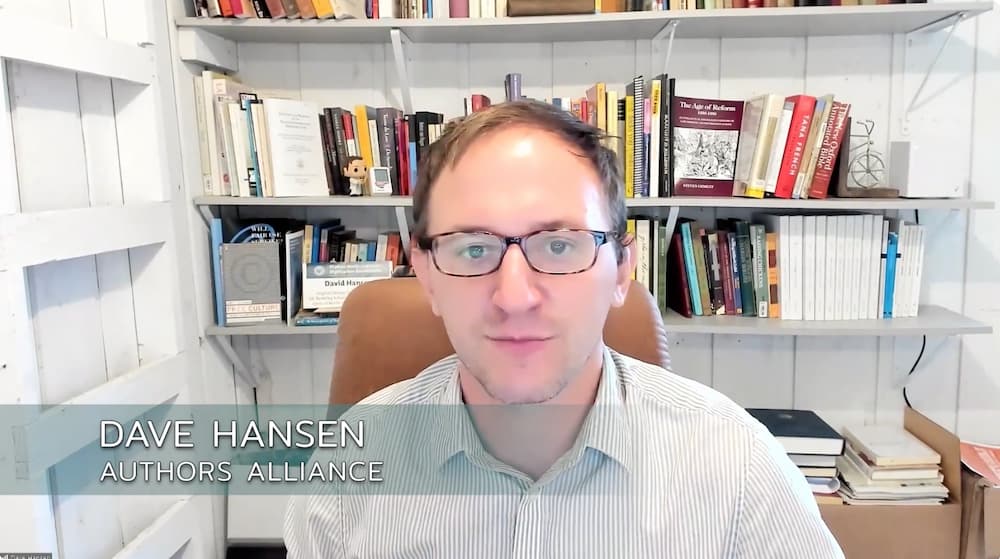
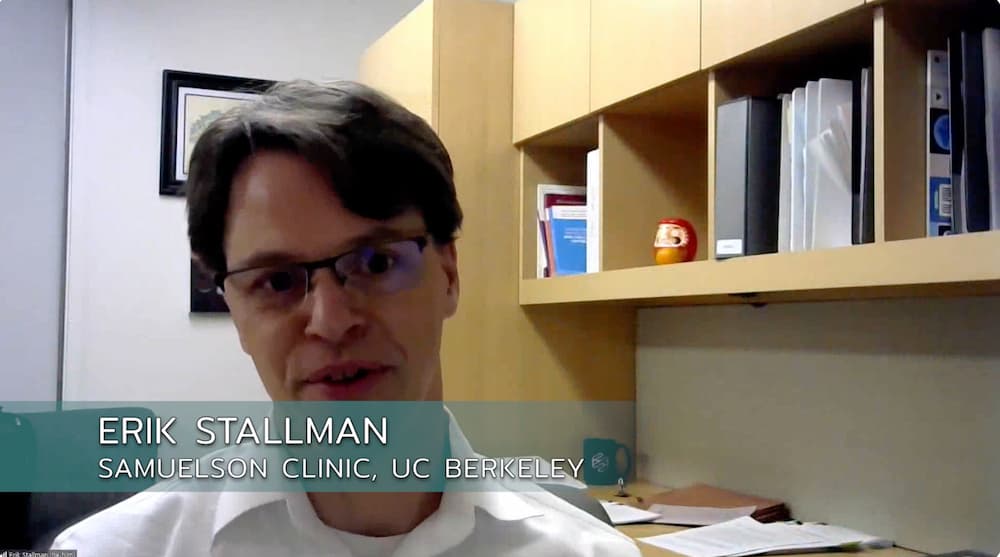
Reading
Scott Althaus et al, Buildin] g Legal Literacies for Text Data Mining: What to Know & How to Teach It (Eds. Rachael Samberg & Timothy Vollmer, University of California), https://doi.org/10.48451/S1159P (Skim)
Matthew D. Green, et al, corrected appellants’ opening brief, USCA Case #21-5195, https://www.eff.org/document/green-appellants-corrected-opening-brief
U.S. Copyright Office, Long Comment Regarding a Proposed Exemption Under 17 U.S.C. §1201 (2017), https://www.law.berkeley.edu/wp-content/uploads/2021/02/2021-03-10_1201TDMReplyComment.pdf
Class 7.1. TDM and Licensing
Discussion Questions
In what ways do licensing practices enable or form barriers to TDM research in practice?
Lecture
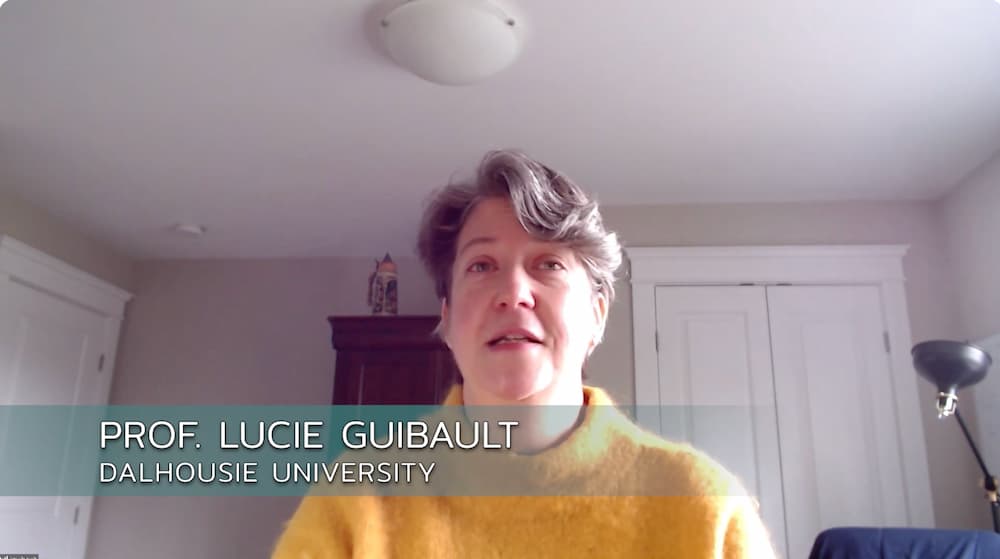
Reading
Guibault, L., Owning the Right to Open Up Access to Scientific Publications (January 3, 2011). OPEN CONTENT LICENSING: FROM THEORY TO PRACTICE, L. Guibault and C. Angelopoulos, ed., Amsterdam University Press, 2011.
Lucie Guibault, Licensing research data under EU Open Access conditions, in D. Beldiman, Access to Information and Knowledge – 21st Century Challenges in Intellectual Property and Knowledge Governance, Edward Elgar, (2013) https://works.bepress.com/lucie-guibault/11/
Class 8. Empirical Research: The Impact of Research Exceptions
Discussion Questions
How can we measure the impact of changes in copyright on research outcomes?
Lecture
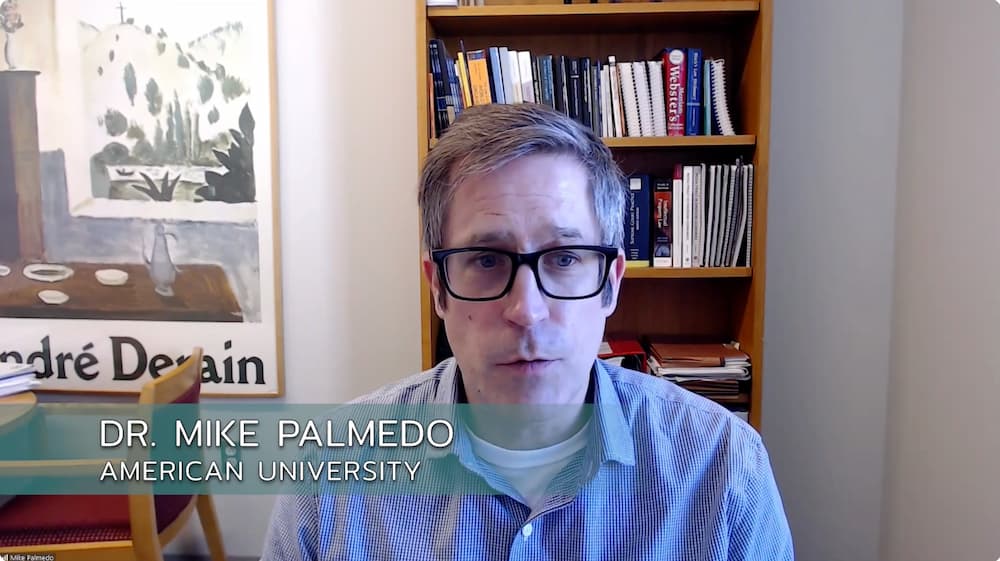
Seminar 10 – Empirical Research – Mike Palmed0 (American University Washington College of Law)
Reading
Mike Palmedo, The Impact of Copyright Exceptions for Researchers on Scholarly Output, Efil Journal of Economic Research, 2(6), 114-39. (2019), https://ssrn.com/abstract=3090022
Handke, Christian and Guibault, L. and Vallbé, Joan-Josep, Is Europe Falling Behind in Data Mining? Copyright’s Impact on Data Mining in Academic Research (June 7, 2015), https://ssrn.com/abstract=2608513
Class 9.
Discussion Questions
How do TDM researchers use materials that are subject to copyright? How do they access, reproduce, adapt, and use these works to create new understandings? How do TDM researchers engage (or want to engage) in projects that use researchers, materials, or subjects that may be regulated in different countries? What copyright barriers have researchers encountered in their work? What policies could lawyers and advocates develop and promote that might address some of the copyright barriers to research?
Lectures
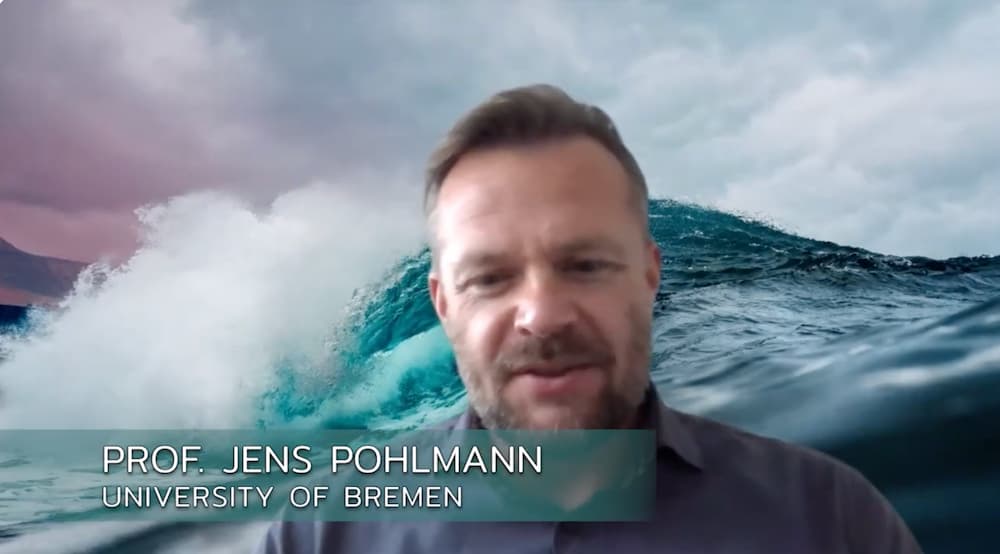
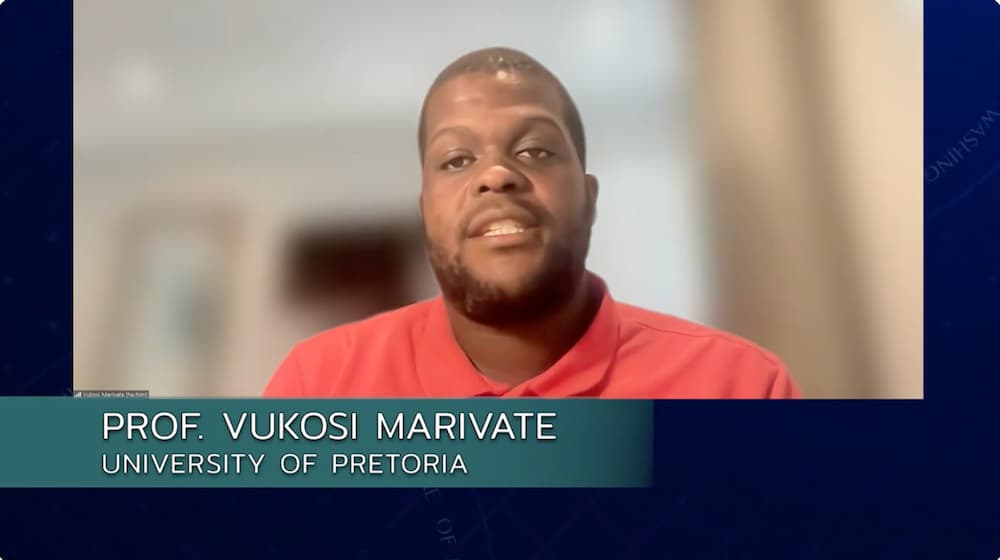
Seminar 11.2 Short – TDM Examples – Vukosi Marivate (University of Pretoria)
Reading
Barbaresi, A., & Pohlmann, J. (2021). A Reproducible IT-Blog Corpus. Journal of Open Humanities Data, 7, 17. https://doi.org/10.5334/johd.35
Barbaresi, A., & Pohlmann, J. (2020). Mapping the German Tech Blog Sphere and Its Influence on Digital Policy. In S. Breidenbach, P. Klimczak, & C. Petersen (Eds.), Soziale Medien (pp. 139–157). Springer Fachmedien. https://doi.org/10.1007/978-3-658-30702-8_7
Class 10. Critiquing IP Openness
Discussion Questions
What is a critical legal studies methodology in legal analysis? How does one apply the method to intellectual property? What is the value of a critical analysis?
Lectures
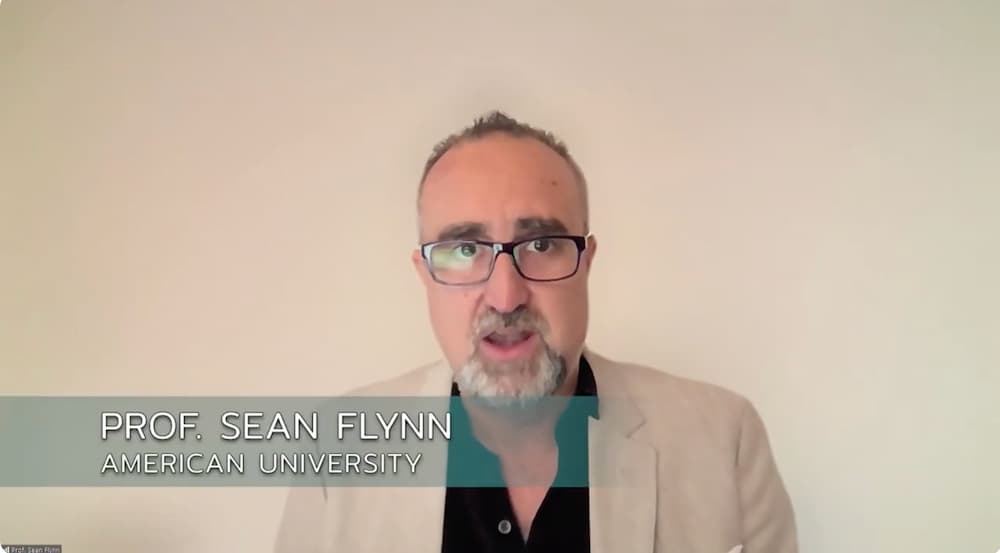
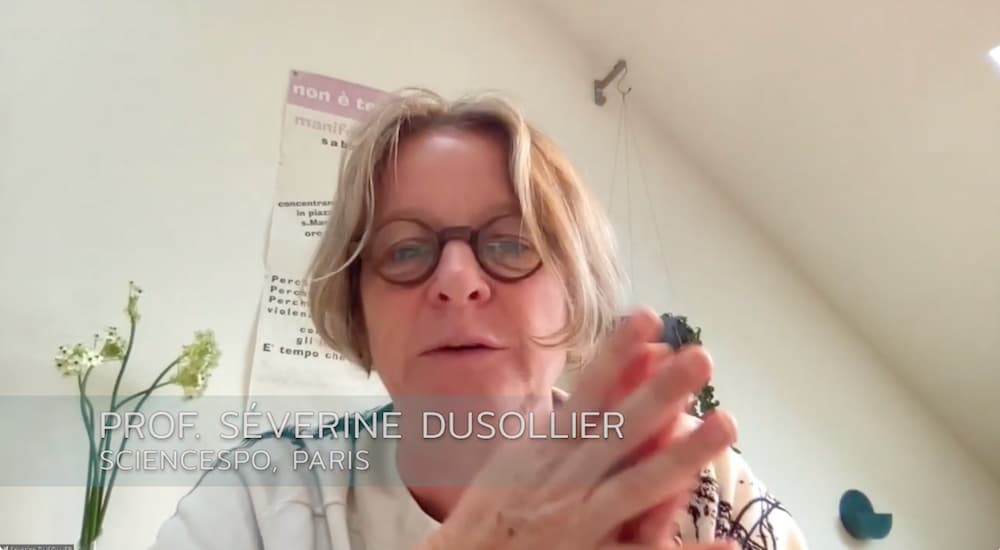
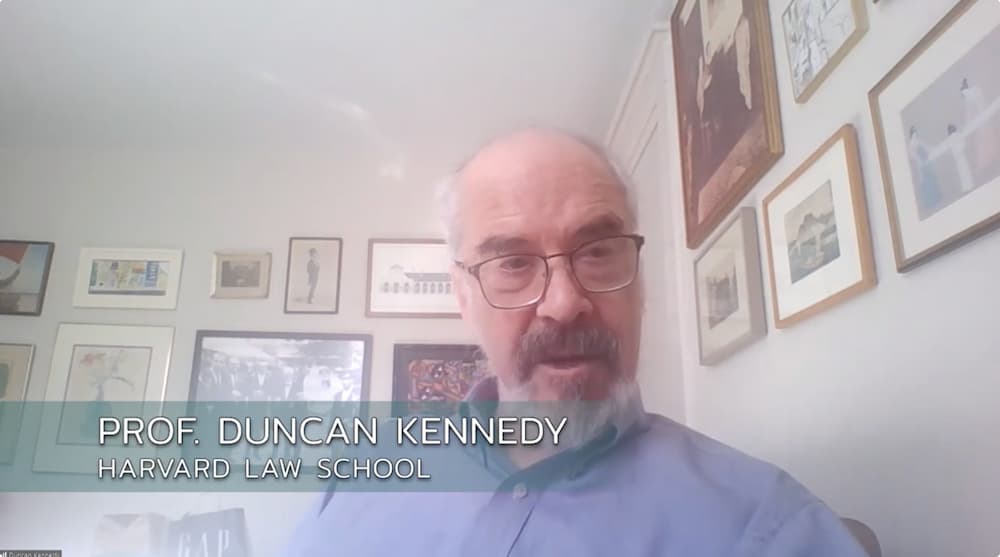
Seminar 12 – Critical Legal Studies – 12.2 Duncan Kennedy (Harvard Law School)
Discussion
Critical theory in copyright law
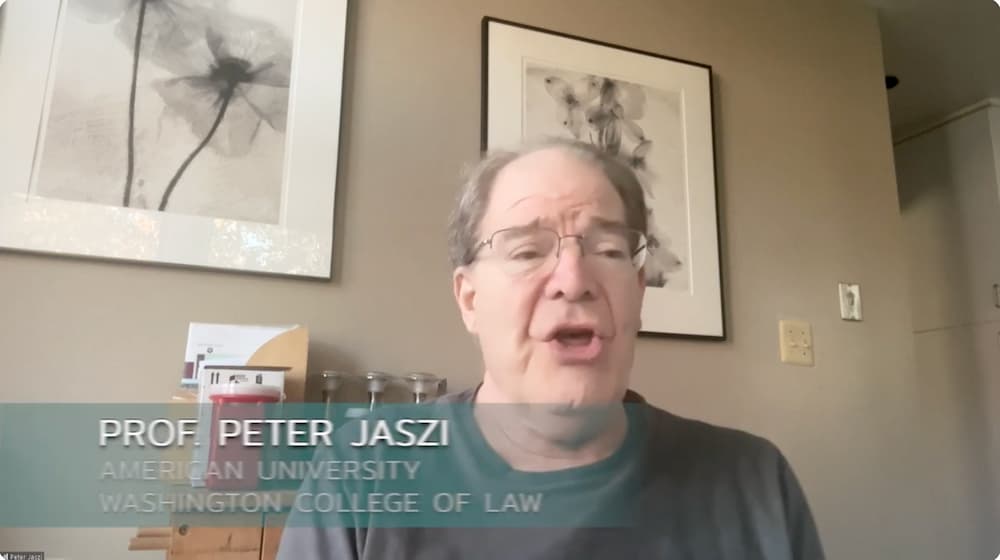

Seminar 12 – Critical Legal Studies – 12.3 Carys Craig (Osgoode Hall Law School of York University)
Reading
Séverine Dusollier, The Master’s Tools v. The Master’s House: Creative Commons v. Copyright 29 (3) Columbia Journal of Law & The Arts 271 (2006), available here
Duncan Kennedy, The Stakes of Law, or Hale and Foucault! http://duncankennedy.net/documents/The%20Stakes%20of%20Law%20or%20Hale%20and%20Foucault%20_%20J%20Leg%20Stud.pdf
Peter Jaszi, Toward a Theory of Copyright: The Metamorphoses of “Authorship”, 1991 Duke Law Journal 455-502 (1991) https://scholarship.law.duke.edu/dlj/vol40/iss2/8
Craig, Carys J., “Critical Copyright Law & the Politics of ‘IP’” (2019). Articles & Book Chapters. 2715. https://digitalcommons.osgoode.yorku.ca/scholarly_works/2715
Class 11.0. Globalizing Fair Use
Lectures
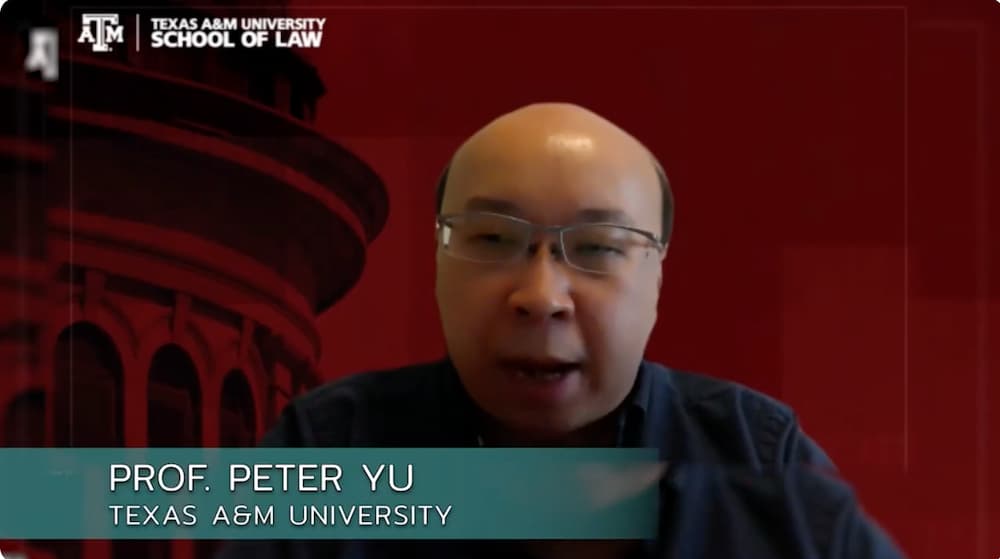
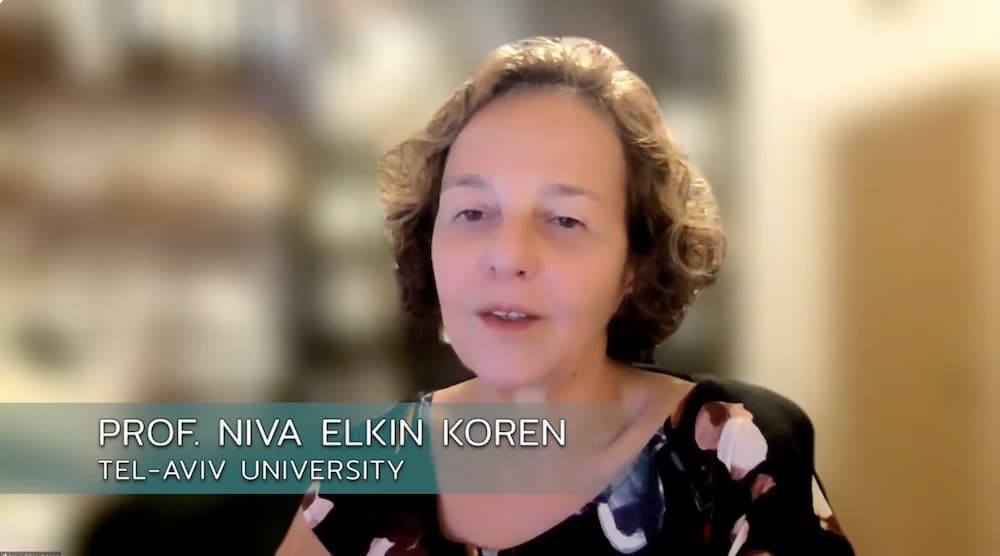
Reading
Yu, Peter K., Fair Use and Its Global Paradigm Evolution, U. Ill. L. Rev., (2018), 111-169, https://ssrn.com/abstract=3206464
Niva Elkin-Koren and Neil Weinstock Netanel, Transplanting Fair Use Across the Globe: A Case Study Testing the Credibility of U.S. Opposition, 72 Hastings L.J. 1121 (2021).
Available at: https://repository.uchastings.edu/hastings_law_journal/vol72/iss4/4
Class 11.1 Unfair Use as Market Failure
Lecture
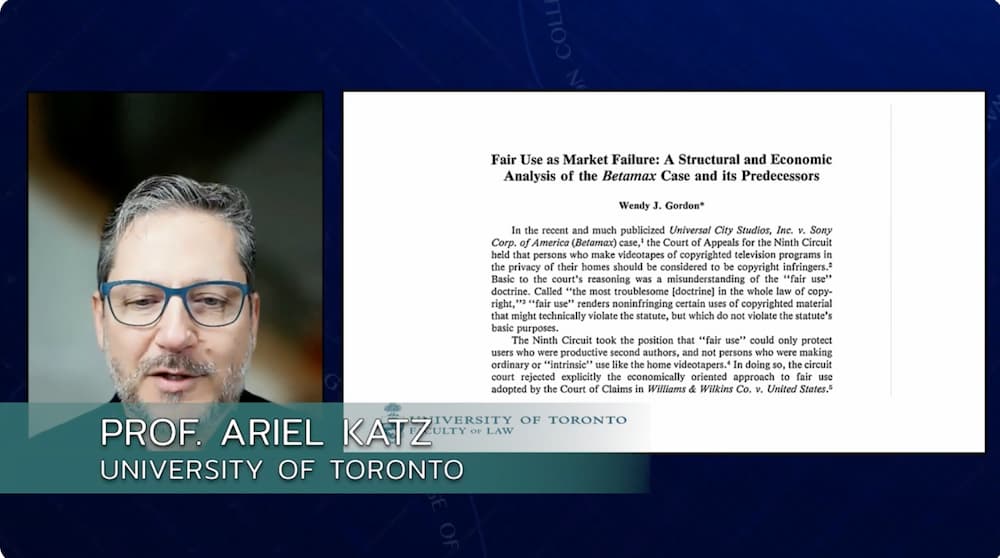
Seminar 14 – Unfair Use as Market failure – Ariel Katz (University of Toronto, Canada)
Reading
Ariel Katz, Unfair Use as Market Failure (draft). Available here.
Wendy J. Gordon, Fair Use as Market Failure: A Structural and Economic Analysis of the Betamax Case and its Predecessors , in 82 Columbia Law Review 1600 (1982). Available at: https://scholarship.law.bu.edu/faculty_scholarship/588
Ariel Katz, Copyright, Exhaustion, and the Role of Libraries in the Ecosystem of Knowledge, 13(1) I/S: A Journal of Law and Policy for the Information Society, 81 (2016), http://hdl.handle.net/1807/88395
Séverine Dusollier, Realigning Economic Rights with Exploitation of Works: The Control of Authors Over the Circulation of Works in the Public Sphere, in Copyright Reconstructed 163 (P. Bernt Hugenholtz ed., 2018), https://papers.ssrn.com/sol3/papers.cfm?abstract_id=3544229
Class 12. International Copyright
Discussion Question
What are the restraints and enabling conditions created for research rights by international copyright law?
Lectures
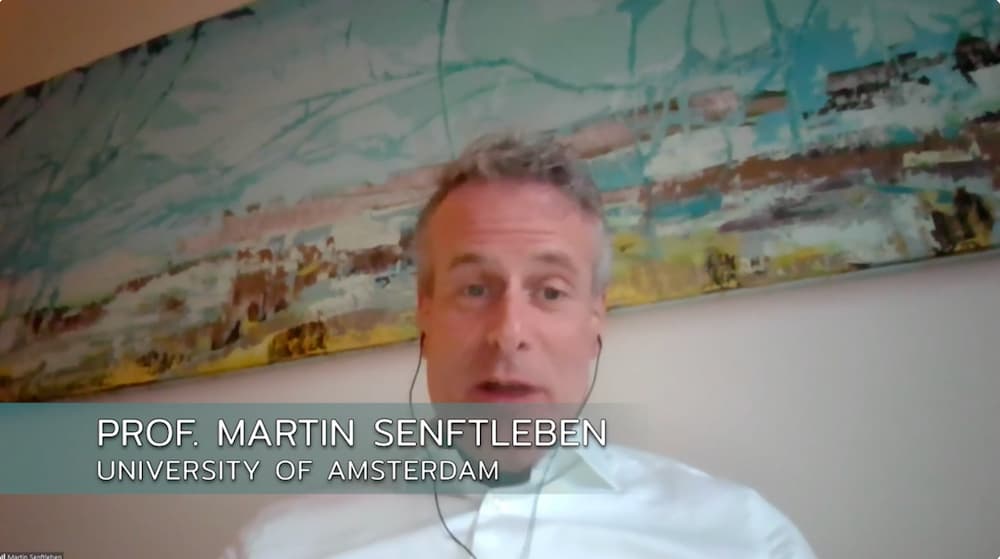
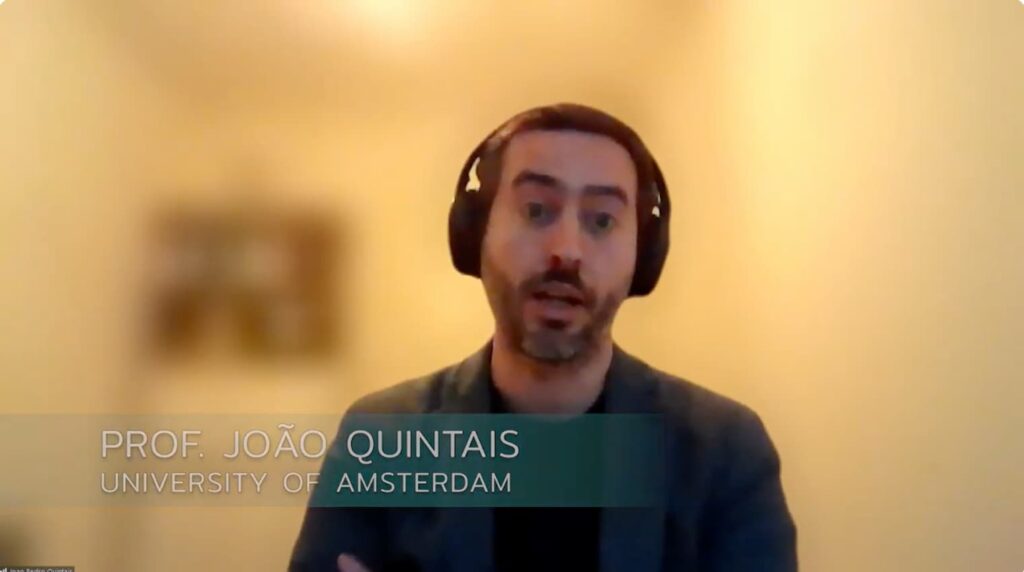
Seminar 15 – International Copyright – 15.2 Prof. Joao Quintais (University of Amsterdam) + Q&A
Reading
Senftleben, Martin, Compliance of National TDM Rules with International Copyright Law – An Overrated Nonissue? (April 12, 2022). Available at SSRN: https://ssrn.com/abstract=4134651 or http://dx.doi.org/10.2139/ssrn.4134651
